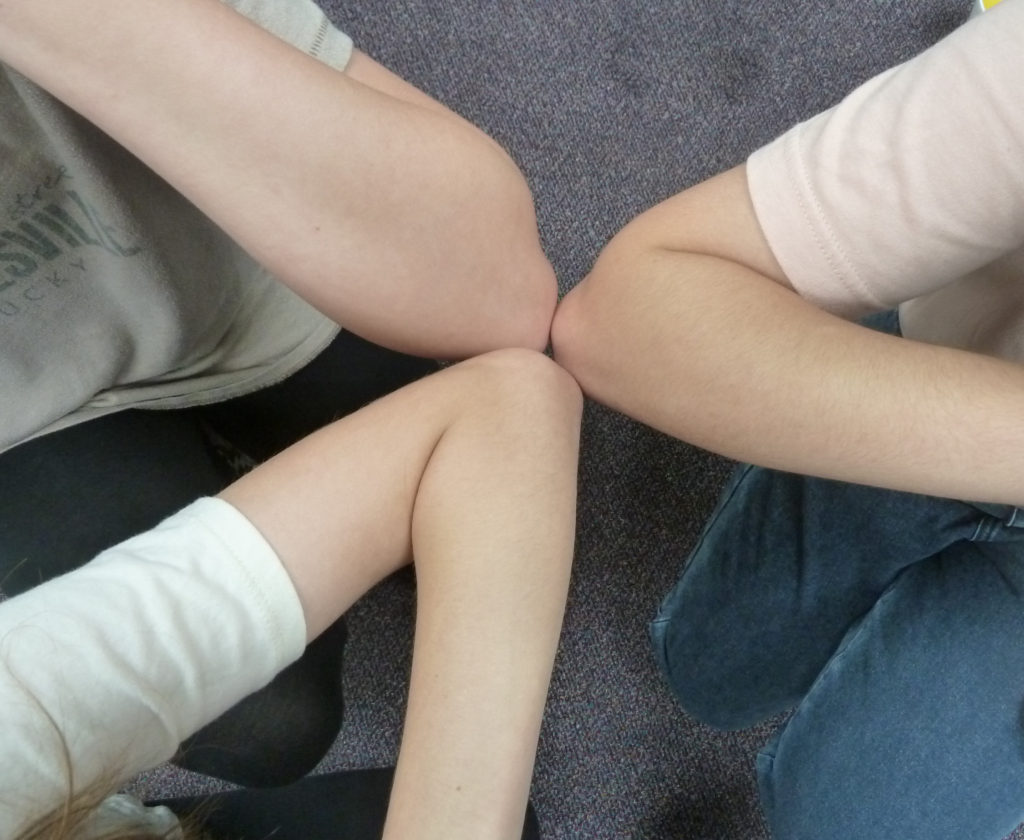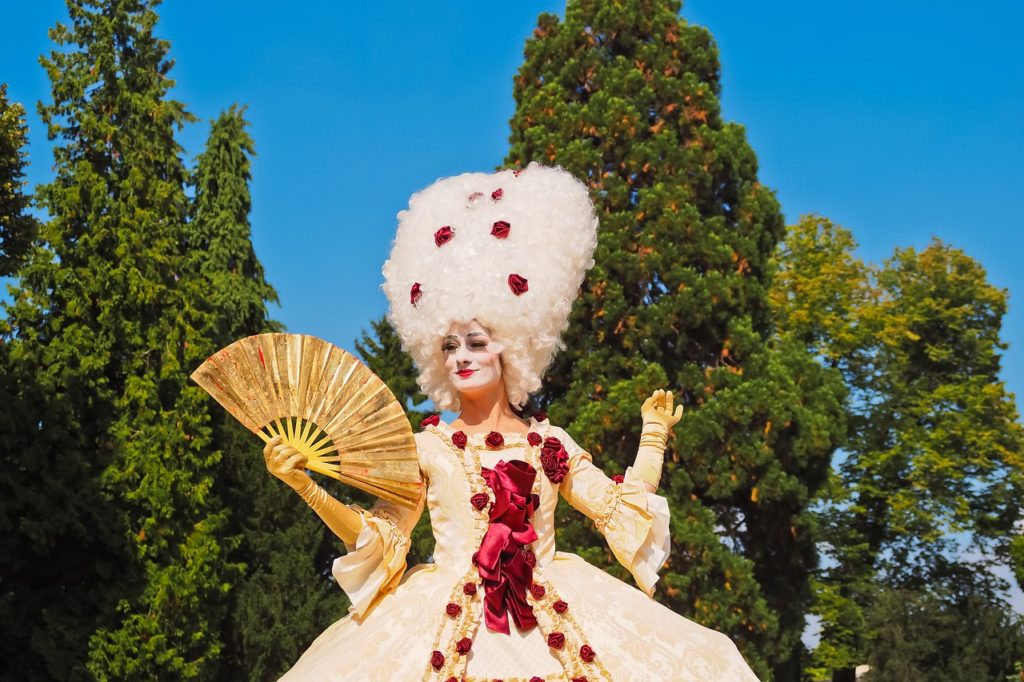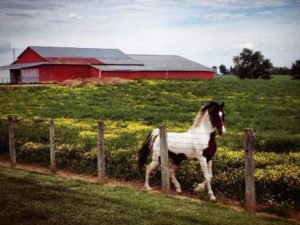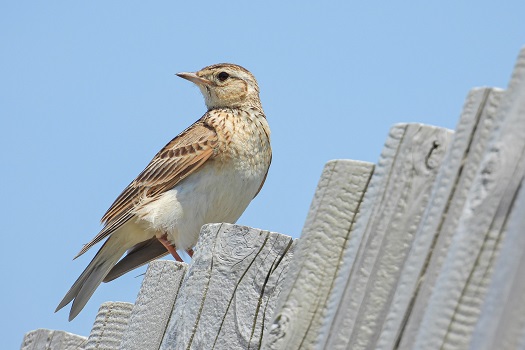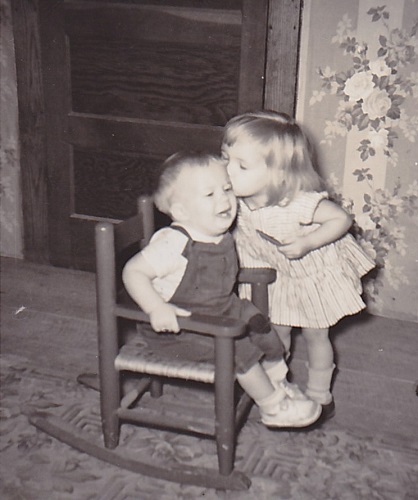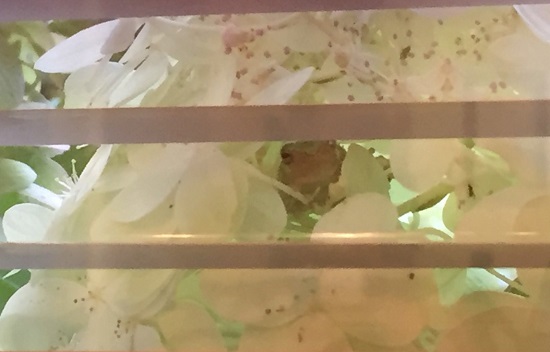On the Ball
 When I played softball, both my coach and my husband reminded me to keep my eye on the ball. Whether batting or playing third base, I needed to focus on the ball.
When I played softball, both my coach and my husband reminded me to keep my eye on the ball. Whether batting or playing third base, I needed to focus on the ball.
As my husband said, “You can’t hit it if you don’t see it.” He also reminded me, “You can’t throw it if you don’t catch it.”
On the ball means to stay alert.
It applies to all of life.
If I remain on the ball, I:
- Pay attention
- Learn all I can
- Do what needs to be done
On the ball also means skillful.
I was never the best player. I tried hard and did my best. However, other players were more skillful. They knew how to get the ball rolling in a game.
They
- Understood the game better
- Moved faster
- Had more success
Many times, when they swung for the fences, they hit a home run.
Nevertheless, I
- Had a great time
- Met new friends
- Made many memories
God gives new opportunities to stay on the ball every day. Like everyone, I choose whether to accept them.
“Pray in the Spirit on all occasions with all kinds of prayers and requests. With this in mind, be alert and always keep on praying for all the Lord’s people” (Ephesians 6:18 NIV).
Thanks to Carole Fite for the suggestion and to Richard Robards for the photo.
Do you have an expression you want explained or a thought about this one? If so, please comment below.
Subscribe to receive my weekly posts by email and receive a free copy of “Words of Hope for Days that Hurt.”
If you enjoyed this post, please share it with your friends.
